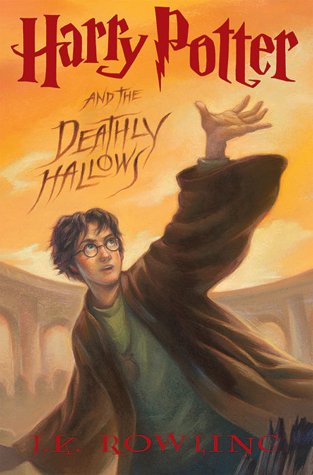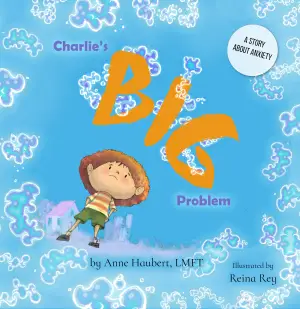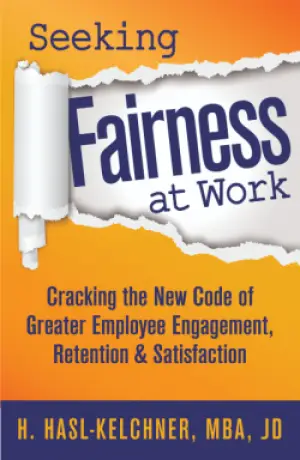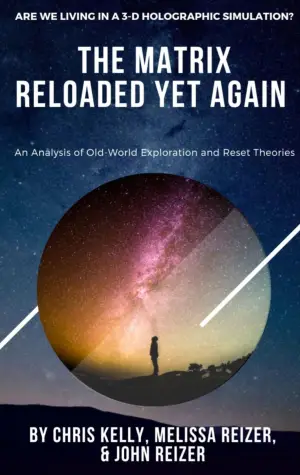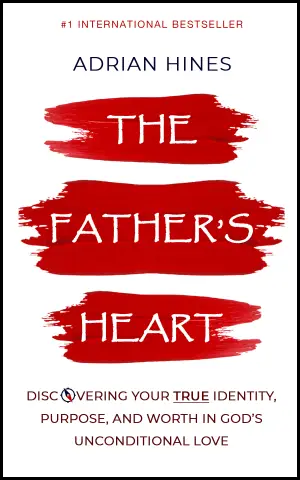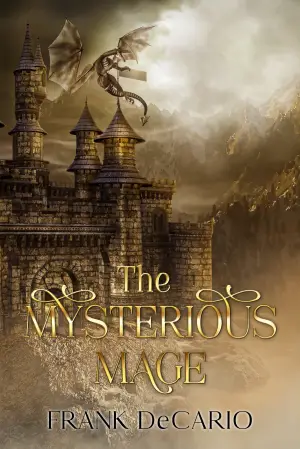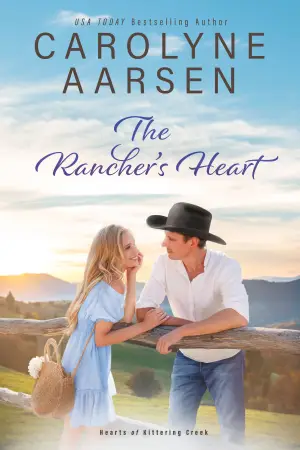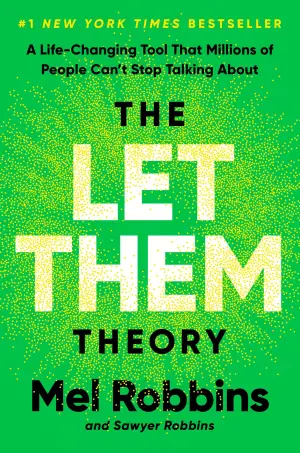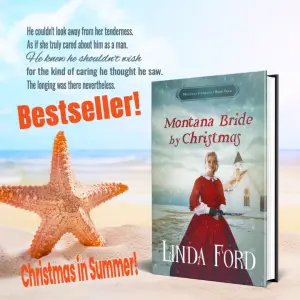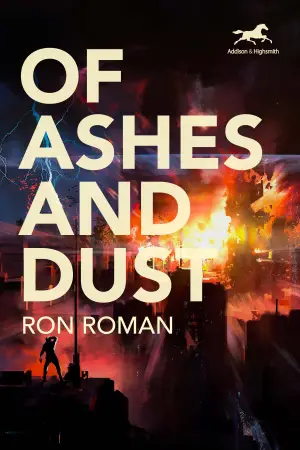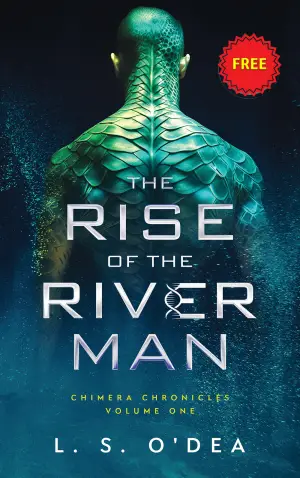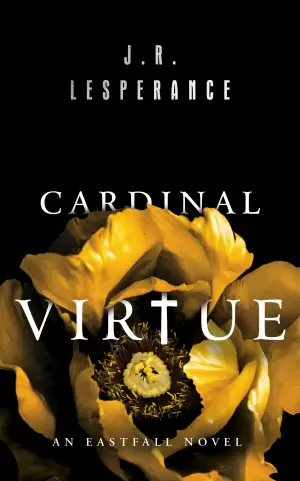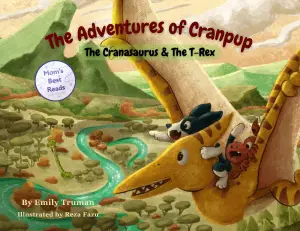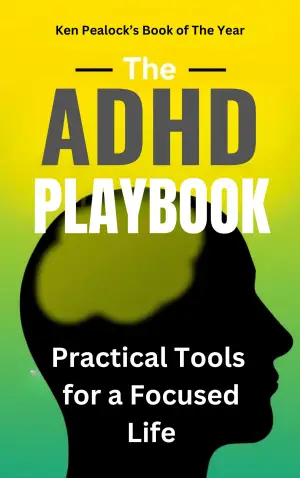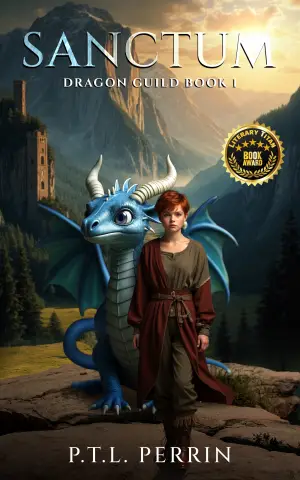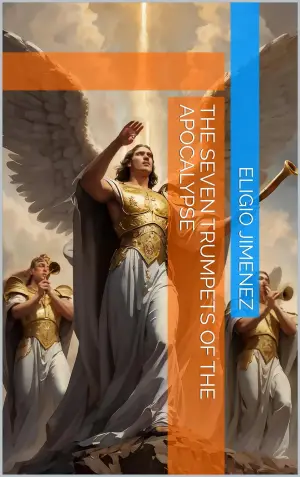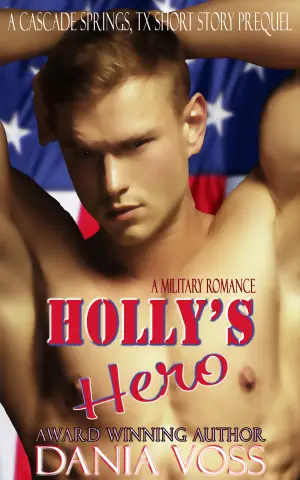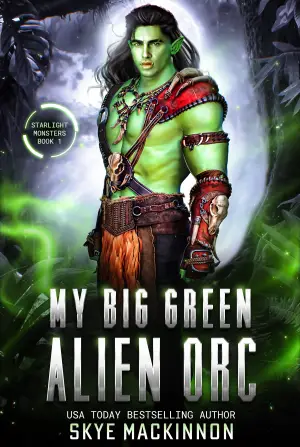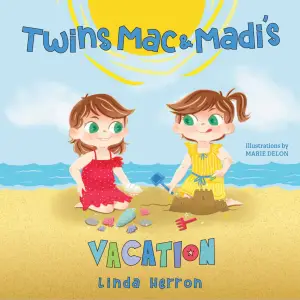A Bittersweet Farewell: Review of Harry Potter and the Deathly Hallows
As I turned the final pages of Harry Potter and the Deathly Hallows, I found myself enveloped in a bittersweet bewitchment—J.K. Rowling’s masterful conclusion to the beloved series left me both exhilarated and melancholy. It’s the end of an era, and much like Harry’s journey, this book resonates deeply with the touchy truths of youth, love, and sacrifice. If you’re searching for a tale that stirs fevered feelings until the last moment, this one is for you.
In Deathly Hallows, the stakes have never been higher. Voldemort is at the apex of his power, and Harry, along with his loyal friends Ron and Hermione, embarks on a treacherous quest to seek out and destroy Horcruxes—pieces of Voldemort’s twisted soul. As familiar landscapes morph into haunting terrains of danger, we star in our own coming-of-age theatre. The themes of friendship, loyalty, and identity resonate profoundly, making it hard not to feel connected to each character’s inner struggles.
Rowling’s writing style in this final installment is incredibly immersive. There’s a shifting dynamic in the pacing: at times, it grips you tightly with rapid-fire action, while at others, it allows for introspective pauses that explore the characters’ emotional landscapes. For example, when Harry acknowledges his connection to Ginny, it pulls at your heartstrings: “He was thinking of the crush he had on her, trying very hard not to be obvious about it.” This vulnerability is a refreshing note against the backdrop of chaos.
While each character has their shining moments, the development of Ron and Hermione brings laughter and warmth, creating the perfect counterbalance to the heavy narrative. Ron’s casual yet smashing comments about food or relationships, “All’s fair in love and war, and this is a bit of both,” are not just humorous; they are also deeply human.
I found the moments of levity—Tonks and Lupin’s elopement, for instance—refreshing breaks in the tension, reaffirming that love can flourish even amid chaos. Conversely, darker moments, like Hermione’s attachment to family and her worries about being a Mudblood, reflect the painful truths of societal bias and identity.
The narrative techniques are particularly striking, especially the beautiful thread of the Deathly Hallows myth woven throughout. The story of the three brothers not only serves as a clever fable but also deepens our understanding of sacrifice and the true meaning of power. “The last enemy that shall be destroyed is death,” is a thought-provoking testament to life and bravery that resonated with me long after putting the book down.
Harry Potter and the Deathly Hallows is perfect for fans eager for closure, as well as newcomers drawn to riveting adventures steeped in rich character arcs. Rowling leaves us with not only resolution but also insight about love’s endurance beyond perilous circumstances. The way this book touched my heart is a testament to its monumental significance in contemporary literature.
In closing, if you’re looking for a read that combines thrilling adventure with profound lessons about life, love, and loss, Deathly Hallows is not just a book but a journey that encapsulates the essence of growing up—a journey I wholeheartedly recommend. I emerged from it a bit changed, reflecting on my own experiences of youth tinged with sacrifice, forever grateful for the time I spent in Rowling’s magical world.
[ad_2]
Discover more about Harry Potter and the Deathly Hallows (Harry Potter, #7) on GoodReads >>

